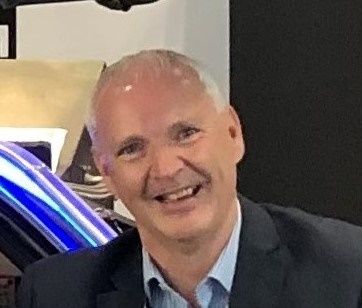Championing equality, diversity and inclusion through our new EDI objectives

Many of our recent blogs have focused on the importance of equality, diversity and inclusion in the work that we do as a regulator. In the Chair's last update, he talked about the importance of increasing the diversity of the Council, and more widely considering diversity in the context of the bigger societal changes and understanding what these may mean for the regulation of dental services.
Giving equality, diversity and inclusion proper consideration is integral in all that we do as a regulator and as an employer. Our approach to ensuring public protection is underpinned by a belief that all individuals should be treated fairly and have access to equality of opportunity. This must be reflected throughout our processes, from education to fitness to practise, and also in the way we engage with our broad range of stakeholders.
We have now published our intentions to place EDI at the heart of effective regulation in our new strategic EDI objectives which our Council approved in March. This follows broad consultation within and beyond the GDC and sets out our commitment to be a champion of diversity, equality and inclusion inside our organisation, with the sector we regulate, and with the public.
We have focused our attention on areas where we can make a tangible difference within the current regulatory framework. Our success depends not just on the work we do, but on the contribution of others.
Firstly, we will ensure that our regulatory activity is fair, transparent, and accessible to all. This means we will work to deepen our understanding of the diversity of our registrants through the data we collect so that the processes we develop, and use, are free from inappropriate barriers. Work in this area is already underway, and we will continue our discussions with stakeholders on equality, diversity and inclusion in dental education and will take steps to ensure our fitness to practise teams are confident in supporting vulnerable stakeholders, such as those with hidden disabilities.
Secondly, protecting the public is central to our EDI work, and our new objectives will help us to achieve our ambition of making sure our communications and engagement is clear and straightforward, and that everyone, especially the most vulnerable, can easily access the right information when they need to.
And finally, our staff. We have offices in London and Birmingham: two of the most diverse locations in the UK and this is to our strength. This diversity encourages us to create a working culture where characteristic differences are recognised and welcomed, helping us to continue to improve the way we operate.
Achieving our vision of being a champion of EDI across these three audiences will be challenging, but vital, and we look forward to working with you going forward to bring this new strategy to life.
 eGDC
eGDC









